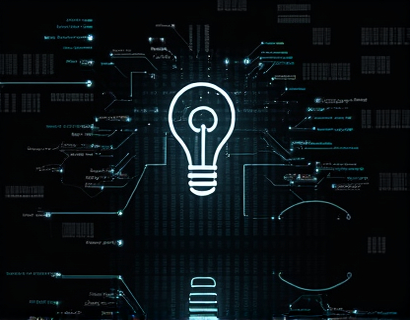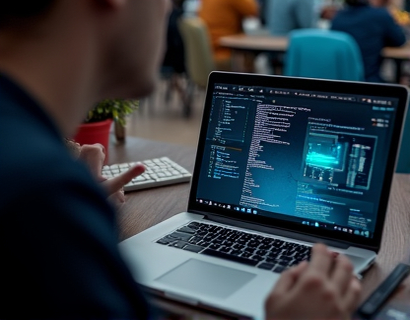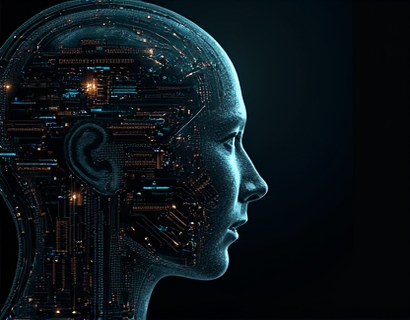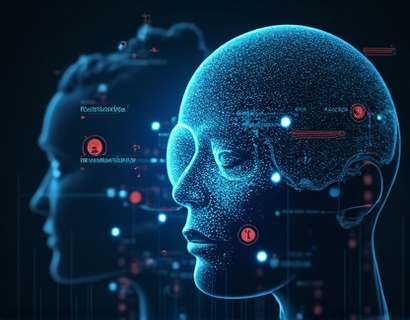Navigating Complex Conflicts with AI-Powered Adversary Chat
In an era where conflicts are increasingly complex and multifaceted, the need for effective conflict resolution strategies has never been more critical. Traditional methods often fall short in addressing the nuanced and dynamic nature of modern disputes. This is where an innovative AI-driven platform comes into play, offering personalized strategies and insights to help individuals navigate and resolve adversarial situations. This platform, powered by advanced artificial intelligence, is designed to empower users to achieve strategic success in both personal and professional scenarios through advanced problem-solving and adversarial situation management.
The core functionality of this AI-powered tool lies in its ability to simulate adversarial scenarios and provide tailored solutions. By engaging in a conversational format, users can present their conflicts and challenges, and the AI will respond with strategic recommendations. This interactive approach not only helps users understand the complexities of their situations but also equips them with actionable steps to resolve them effectively. The AI's capabilities are rooted in machine learning algorithms that continuously learn from a vast dataset of conflict resolution cases, ensuring that the advice given is both relevant and effective.
Understanding Adversarial Situations
Adversarial situations are characterized by opposing interests, conflicting goals, and high stakes. These scenarios can arise in various contexts, from business negotiations and legal disputes to personal relationships and community conflicts. The complexity of these situations often stems from multiple factors, including emotional involvement, power imbalances, and unclear objectives. Traditional conflict resolution methods may struggle to address these multifaceted issues, leading to prolonged disputes and suboptimal outcomes.
The AI-driven platform tackles these challenges by providing a structured approach to understanding adversarial situations. Through a series of guided questions and analysis, the AI helps users identify the root causes of the conflict, the key stakeholders involved, and the underlying interests and motivations. This comprehensive understanding is crucial for developing effective resolution strategies. By breaking down the conflict into manageable components, users can better grasp the dynamics at play and identify potential points of agreement and compromise.
Personalized Strategy Development
One of the most significant advantages of using an AI-powered adversary chat is the ability to receive personalized strategies. Each user's situation is unique, and a one-size-fits-all approach is rarely effective in conflict resolution. The AI analyzes the specific details of the user's conflict, taking into account the context, the parties involved, and the desired outcomes. Based on this analysis, the AI generates customized strategies that align with the user's goals and circumstances.
These strategies may include negotiation techniques, communication strategies, and problem-solving approaches. For instance, in a business negotiation, the AI might suggest using collaborative bargaining to build mutual trust and find a win-win solution. In a personal relationship, the AI could recommend active listening and empathy to de-escalate tensions and foster understanding. By providing tailored advice, the AI ensures that users have actionable steps that are relevant to their specific situation.
Adversarial Simulation and Scenario Analysis
Another powerful feature of the AI-driven platform is its ability to simulate adversarial scenarios. Users can engage in a virtual dialogue with the AI, presenting different aspects of their conflict and receiving immediate feedback and suggestions. This simulation process allows users to test various strategies in a safe and controlled environment, helping them to anticipate potential outcomes and adjust their approaches accordingly.
For example, a user facing a difficult conversation with a colleague can simulate the dialogue with the AI, exploring different tones, messages, and responses. The AI can then provide insights into how each approach might be perceived and suggest alternative strategies to improve the outcome. This iterative process of simulation and feedback is invaluable in preparing users for real-world conflicts, enhancing their confidence and effectiveness in handling adversarial situations.
Enhancing Emotional Intelligence
Conflict resolution is not just about logical reasoning; it also involves managing emotions and building relationships. The AI-driven platform recognizes the importance of emotional intelligence in navigating complex conflicts. Through interactive exercises and guided reflections, the AI helps users develop a deeper understanding of their own emotions and those of others involved in the conflict.
Users can engage in scenarios that focus on emotional recognition and regulation, learning how to remain calm and composed under pressure. The AI can also provide tips on empathy and perspective-taking, encouraging users to consider the feelings and viewpoints of others. By enhancing emotional intelligence, users are better equipped to handle the emotional aspects of conflicts, leading to more constructive and sustainable resolutions.
Building Strategic Communication Skills
Effective communication is a cornerstone of successful conflict resolution. The AI-powered platform offers tools and techniques to improve users' communication skills, ensuring that they can articulate their positions clearly and persuasively. This includes guidance on active listening, clear messaging, and non-confrontational language.
For instance, the AI might suggest using "I" statements to express feelings and needs without placing blame, or employing open-ended questions to encourage dialogue and understanding. Users can practice these techniques through simulated conversations, receiving feedback on their communication style and areas for improvement. By refining their communication skills, users can more effectively convey their messages and build bridges with opposing parties.
Managing Power Dynamics
In many conflicts, power imbalances play a significant role in shaping the dynamics and outcomes. The AI-driven platform addresses this by providing strategies to manage and navigate power dynamics effectively. Users learn how to assess the power structures in their conflict, identify their own position within these dynamics, and develop tactics to level the playing field.
For example, in a workplace conflict where there is a significant hierarchy, the AI might suggest ways to assert oneself without appearing confrontational, such as framing concerns as shared goals or seeking mediation from a neutral third party. By understanding and managing power dynamics, users can create more equitable and productive resolution processes.
Long-Term Conflict Prevention
While resolving immediate conflicts is crucial, preventing future conflicts is equally important for sustained success. The AI-driven platform offers insights and strategies for building resilient relationships and creating environments that minimize the likelihood of recurring disputes. This includes advice on setting clear boundaries, fostering open communication, and addressing underlying issues before they escalate.
Users can engage in scenarios that focus on relationship building and conflict prevention, learning how to maintain positive interactions and address potential conflicts proactively. By implementing these strategies, users can create a more harmonious and cooperative atmosphere, reducing the frequency and severity of future conflicts.
Continuous Learning and Improvement
The AI-powered platform is designed to continuously learn and improve, ensuring that the strategies and insights provided remain relevant and effective. As users engage with the platform and share their experiences, the AI's machine learning algorithms incorporate this feedback to refine its recommendations. This ongoing process of learning and adaptation ensures that the platform stays at the forefront of conflict resolution techniques and best practices.
Additionally, the platform can integrate new research and findings in conflict resolution, incorporating cutting-edge theories and methods into its advice. This commitment to continuous improvement means that users always have access to the most up-to-date and effective strategies for navigating complex conflicts.
Conclusion
In conclusion, the AI-powered adversary chat represents a significant advancement in conflict resolution and problem-solving. By providing personalized strategies, simulating adversarial scenarios, enhancing emotional intelligence, and improving communication skills, this platform empowers individuals to tackle complex conflicts with confidence and effectiveness. Whether facing personal dilemmas or professional disputes, users can leverage the insights and tools offered by the AI to achieve strategic success and build stronger, more resilient relationships. As the platform continues to evolve, it will remain a valuable resource for anyone seeking to navigate and resolve adversarial situations with precision and skill.











































